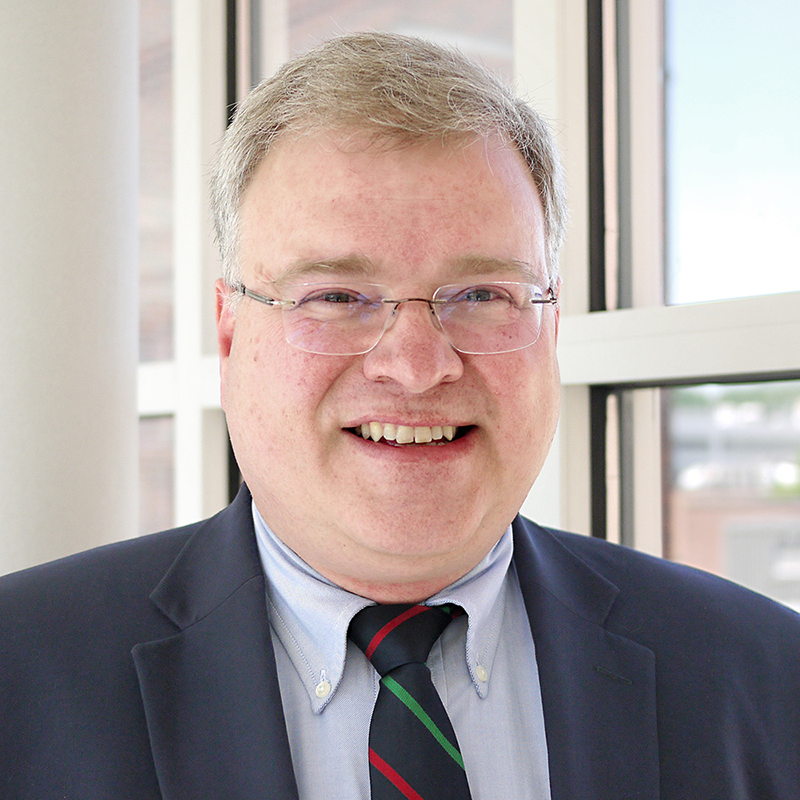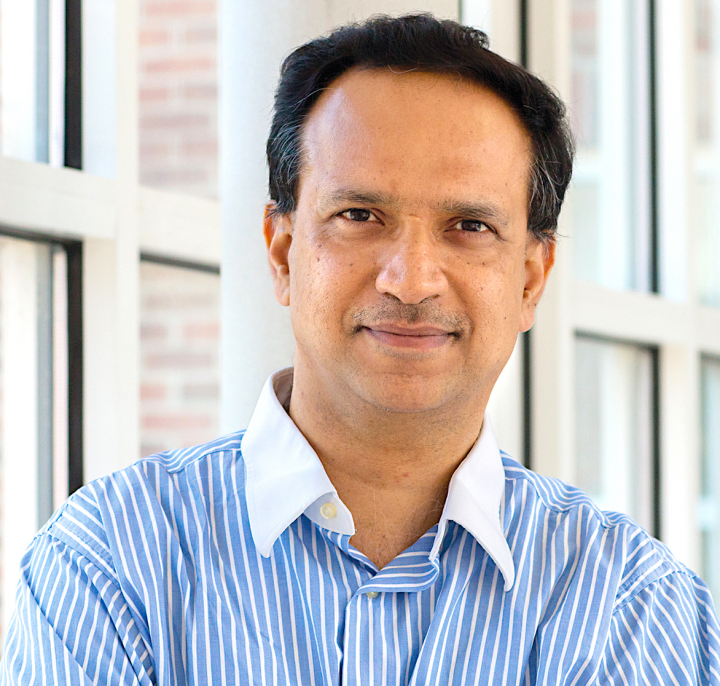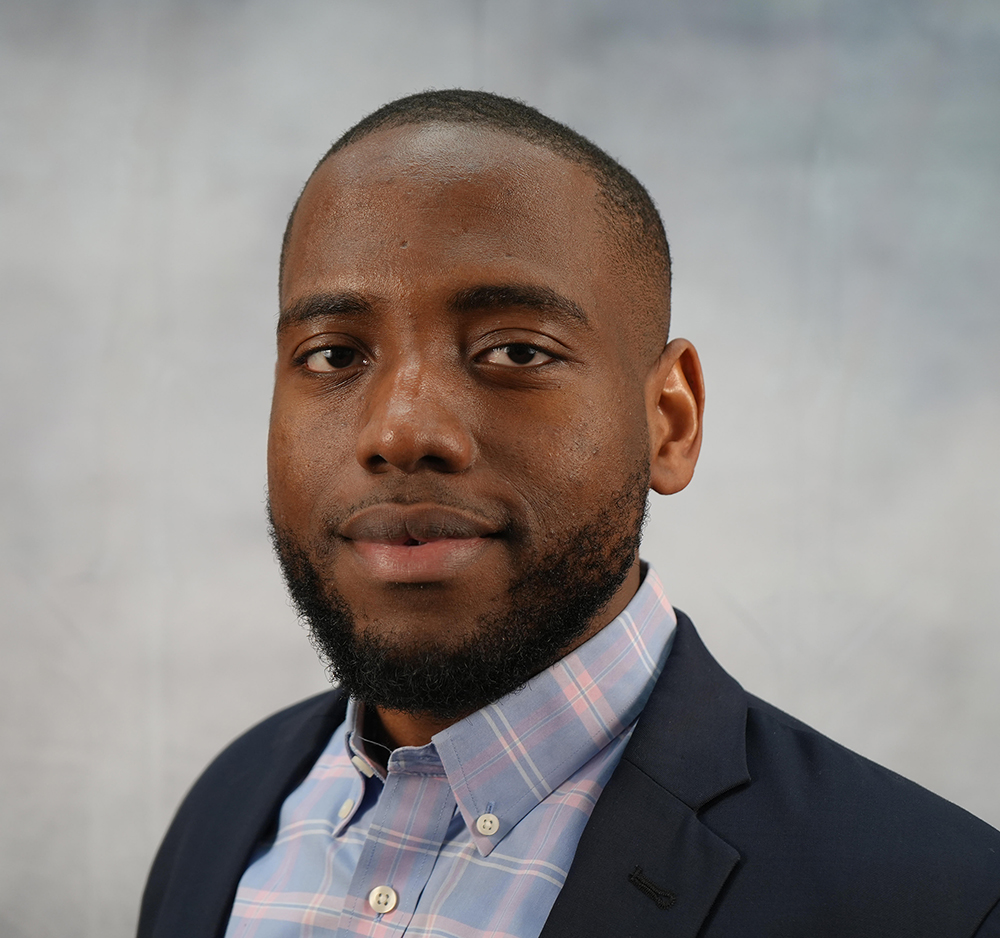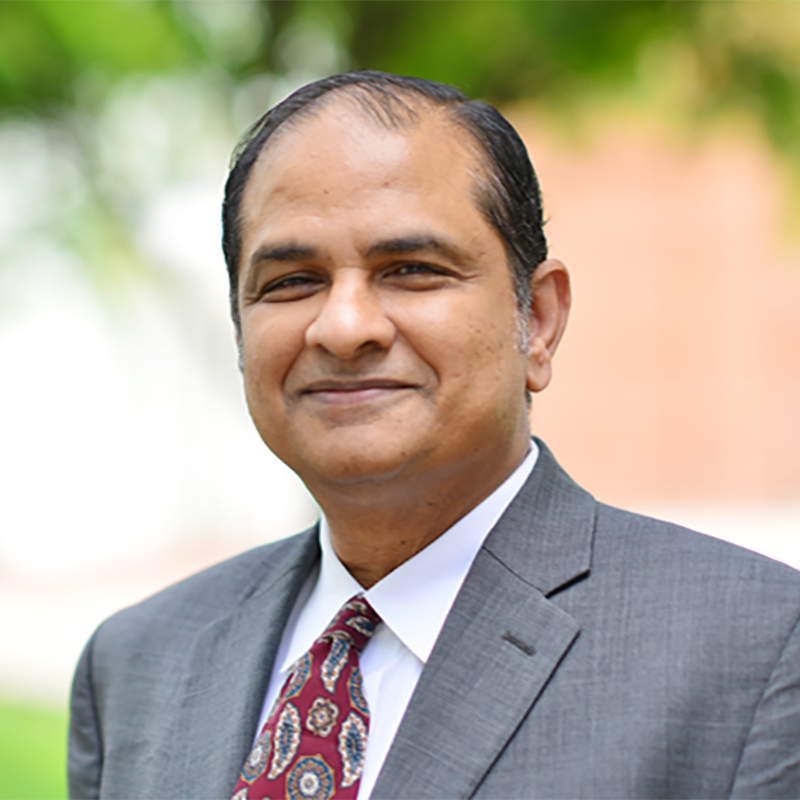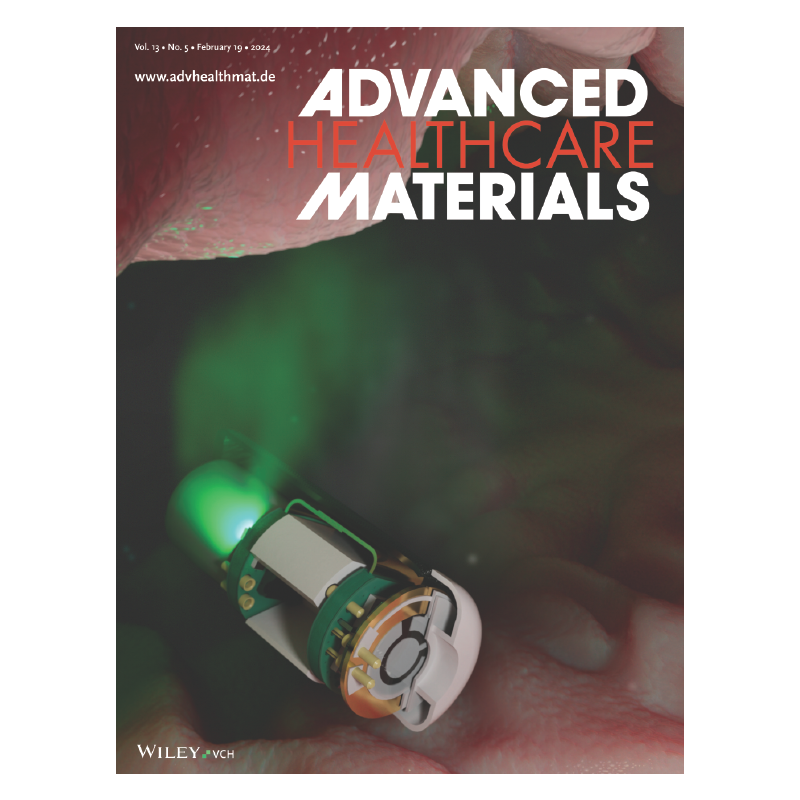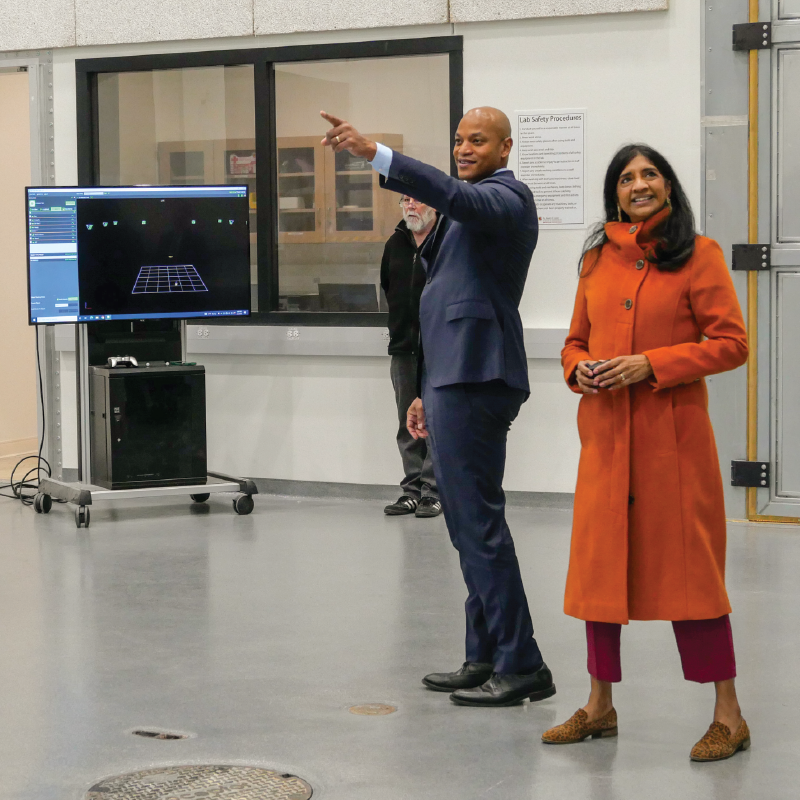News Story
Schmidt leads new Research Internships in Science and Engineering (RISE) program
Associate Professor Linda C. Schmidt (ME/ISR), Anne M. Spence (acting director of Women in Engineering at the A. James Clark School of Engineering) and Dr. Janet Schmidt have been awarded a $900,000 grant by the National Science Foundation's Program for Gender Equity (PGE) in Science, Mathematics, Engineering and Technology (SMET).
Linda Schmidt is the principal investigator of the three-year Research Internships in Science and Engineering (RISE) program, designed to encourage the participation and persistence of women students in engineering and the sciences. The program starts Oct. 1, 2001, and the first RISE student class will arrive on campus in summer 2002. Support for female faculty mentors is a core feature of RISE..
The research teams will be trained in SMET research fundamentals, mentoring partnerships, team functioning, and psychological constructs key to enhancing the successful learning of women students.
"It is our hope that this program will be the foundation for increased recruitment and retention of female students at both the undergraduate and graduate levels in engineering," said Clark School Dean Nariman Farvardin.
RISE program abstract
The University of Maryland is testing an educational intervention program designed to address aspects of both external (contextual) and internal (individually based) barriers to success and persistence of women in science and engineering. RISE offers a hands-on introductory orientation program for freshmen and an enhanced team research experience for upper class students.
The enhanced team experience consists of participation in all-female research teams, mentoring by female faculty members and advanced female students (undergraduates and graduate students) who are paid and trained to perform significant mentoring and teaching of undergraduate women. The female faculty member's own research program is the setting for the student teamwork and mentoring.
Specifically, the intervention addresses the external factors of the "chilly climate" of science, the lack of female role models and mentors, and the lack of a female "critical mass" among students and faculty in SMET academic departments.
Regarding "internal barriers," we identify underestimation of abilities as operationalized by "self-efficacy" as the most useful psychological construct for understanding the ambivalence related to career choice and persistence in SMET undergraduate majors. Self-efficacy describes the notion that students develop beliefs about their personal capabilities at different academic pursuits (e.g., whether or not they can "do math").
Self-efficacy has been the basis for a large body of findings in the vocational literature, much of it focusing on the debilitating effects of low self-efficacy on the selection and persistence of career options including engineering and science fields.
Female faculty are supported in their mentoring of young women (both in terms of training and finances), and at the same time make progress in their own research program. The entire research team (consisting of the faculty member, RISE Fellows and up to four RISE participants) takes part in training on mentorship, team functioning, and psychological constructs key to enhancing the successful learning of women students.
This demonstration program has the potential to bring some of the advantages of an all-female learning environment, epitomized by women's colleges, into more mainstream higher education such as the University of Maryland College Park. Replicable features include: role model hierarchies, mentor training, and all-female research teams. Also replicable is the notion of a two-level program, beginning with a front-end experience that excites and prepares entering female college students, moving on to an extended research internship in the later years that involves close contact with successful woman scientists and engineers.
Published September 28, 2001

